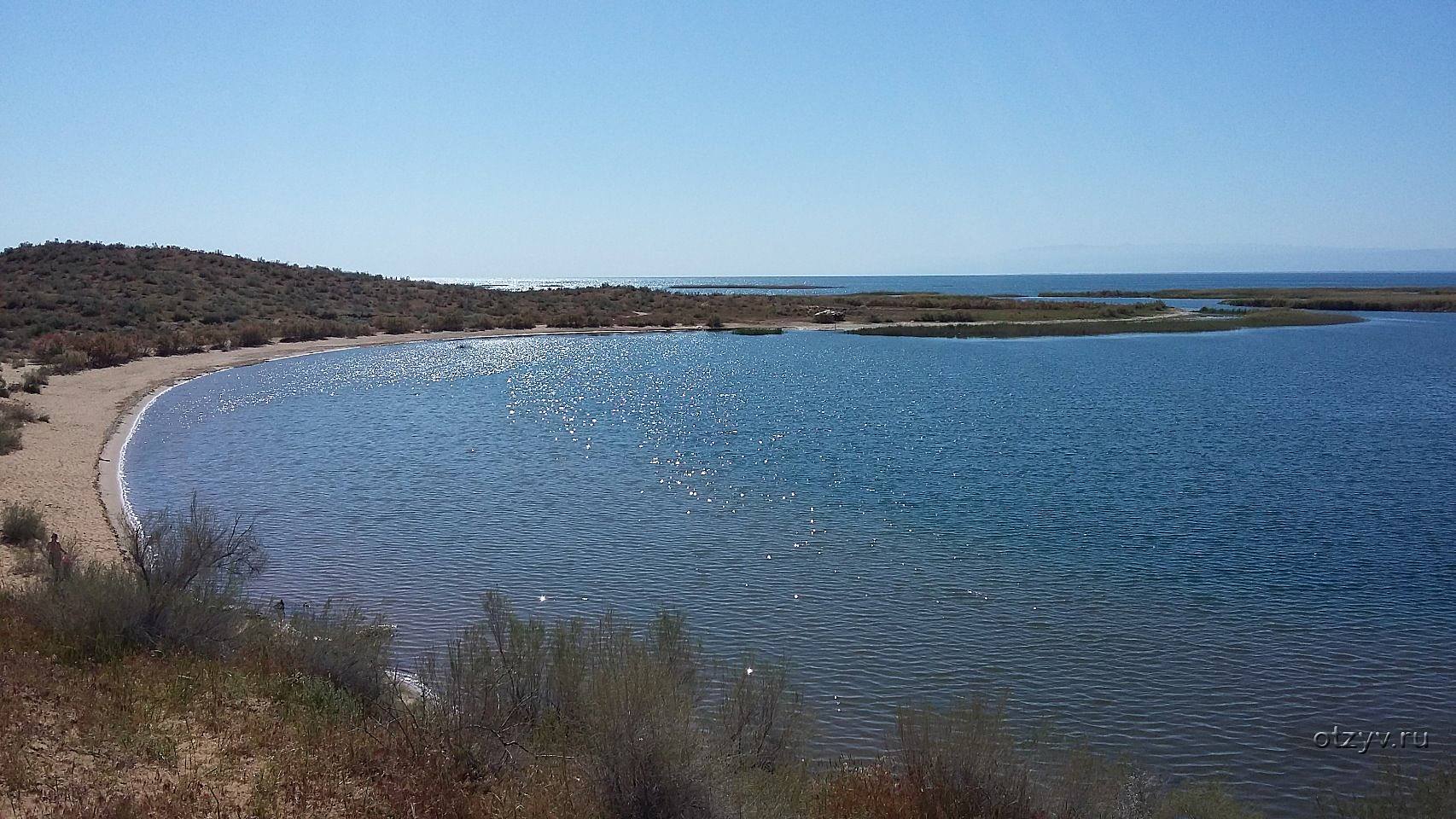On February 18, 2025, an online seminar was held to discuss the development of a national wetland management strategy in Uzbekistan under the framework of the Ramsar Convention. Organized by the Ministry of Ecology, Environmental Protection, and Climate Change of the Republic of Uzbekistan, in collaboration with the Michael Succow Foundation and supported by the German Society for International Cooperation (GIZ), the seminar brought together key stakeholders from various sectors.
Participants included representatives from the Ministry of Ecology, Environmental Protection, and Climate Change, the Ministry of Economy and Finance, the Committee for Family and Women's Affairs, and the Council of Ministers of the Republic of Karakalpakstan. Additionally, officials from the Ministry of Water Resources, the Ministry of Economy and Finance of Karakalpakstan, experts from the Regional Ramsar Initiative for Central Asia, the Agency of the International Fund for Saving the Aral Sea (IFAS), and representatives from international organizations, businesses, and non-governmental entities were present.
Key speakers, including Maxim Mitropolsky, Jens Wunderlich, and Olga Denyshchik, outlined essential aspects of the project. These included defining primary objectives, establishing an implementation schedule, introducing the expert team, and ensuring effective stakeholder engagement.
With over 170 countries currently part of the Ramsar Convention, Uzbekistan remains committed to fulfilling its obligations. The seminar focused on crucial aspects of wetland management, such as:
- Geographic Scope: Assessing regional ecosystems and their natural characteristics.
- Sustainable Management: Implementing resource conservation and biodiversity protection strategies.
- Stakeholder Roles: Engaging government agencies, scientists, environmentalists, international organizations, and local communities.
- Communication Strategies: Strengthening interaction and knowledge-sharing among stakeholders.
Special attention was given to the status of Uzbekistan’s wetlands and the need for improved management. Discussions included key water bodies listed under the Ramsar Convention, such as Lake Dengizkul, the Aydar-Arnasay lake system, Lake Zhyltyrbas, Lake Sudochie, Lake Tudakul, and Lake Kuyimazar. Experts emphasized the importance of formulating a comprehensive management plan for the Sudochie lake system and proposed the establishment of a visitor center to promote awareness of wetland ecosystems and sustainable tourism.
Active contributions were made by Tulaganov Adkham, Coordinator of the National Water Partnership of Uzbekistan, and Abrorjon Karimov, representative of the Agency of the International Fund for Saving the Aral Sea. They highlighted strategies for preserving the fragile ecosystems of the Aral Sea basin, stressing the need for collaboration between government agencies, international organizations, and local communities.
Tulaganov Adkham, Coordinator of the National Water Partnership of Uzbekistan, underscored the necessity of using scientific monitoring methods, including remote sensing, GIS mapping, and environmental data analysis, to respond effectively to ecological changes.
The seminar concluded with participants expressing their commitment to ongoing collaboration and knowledge exchange. Plans were proposed to establish working groups, hold follow-up meetings, and attract additional international resources for implementing conservation initiatives.
This event marked a significant milestone in Uzbekistan’s efforts to develop a national strategy for wetland protection. In the face of global climate change and increasing human pressures on ecosystems, safeguarding wetlands remains a key priority for ensuring the region’s sustainable development.
